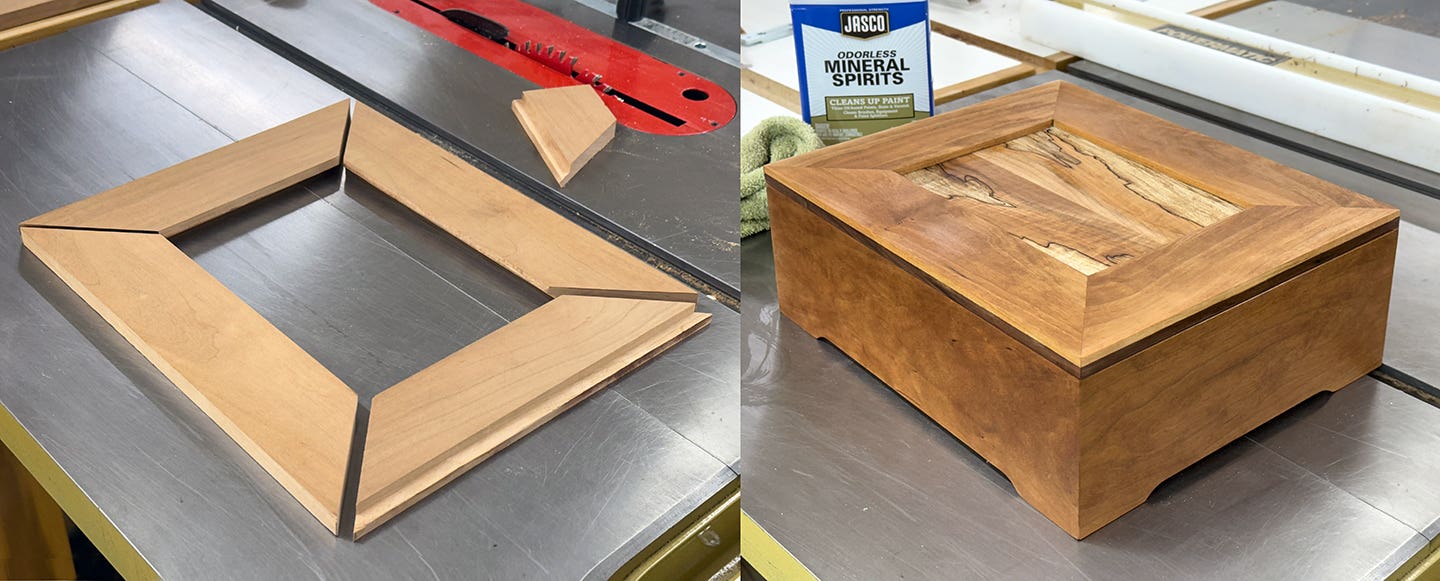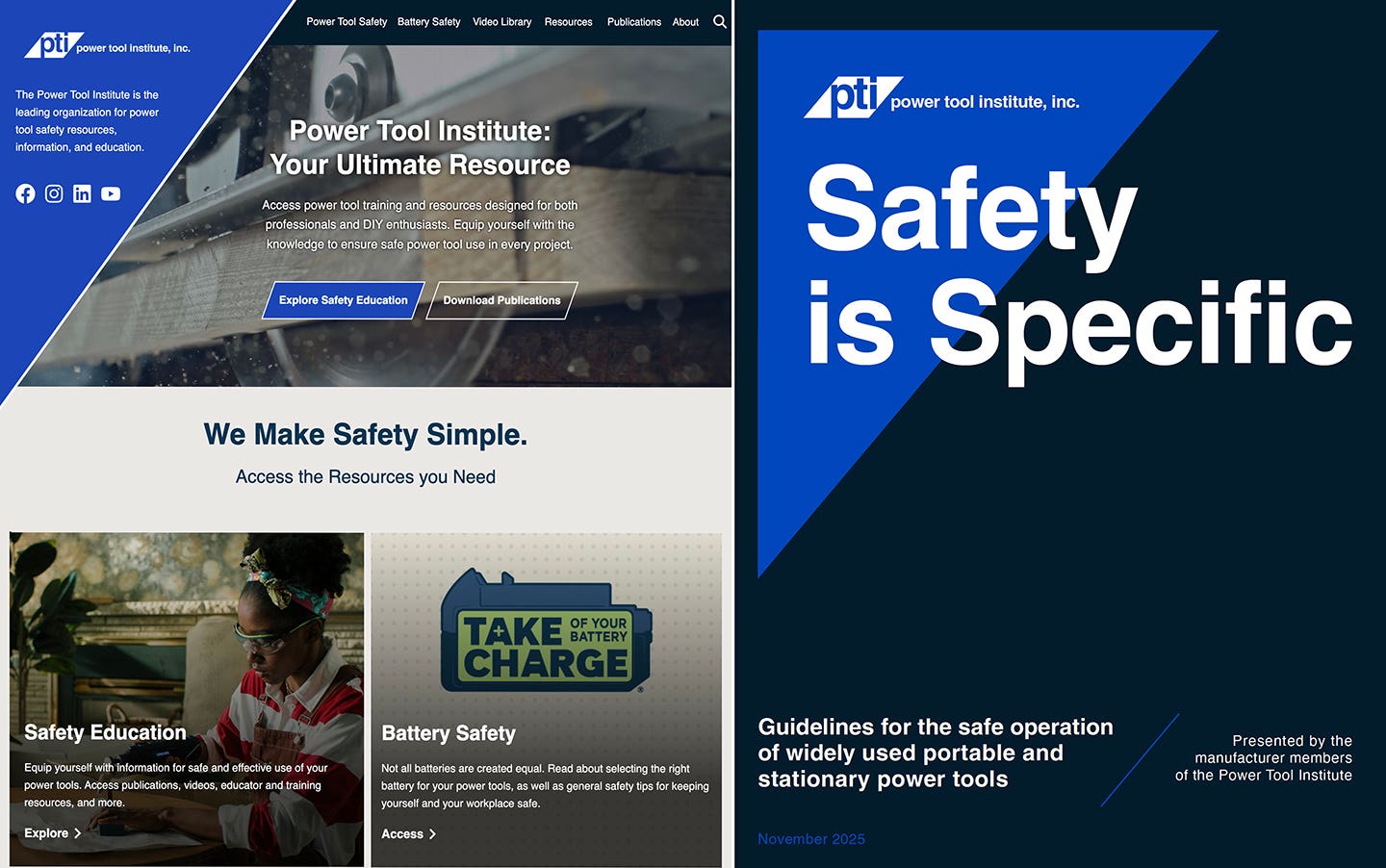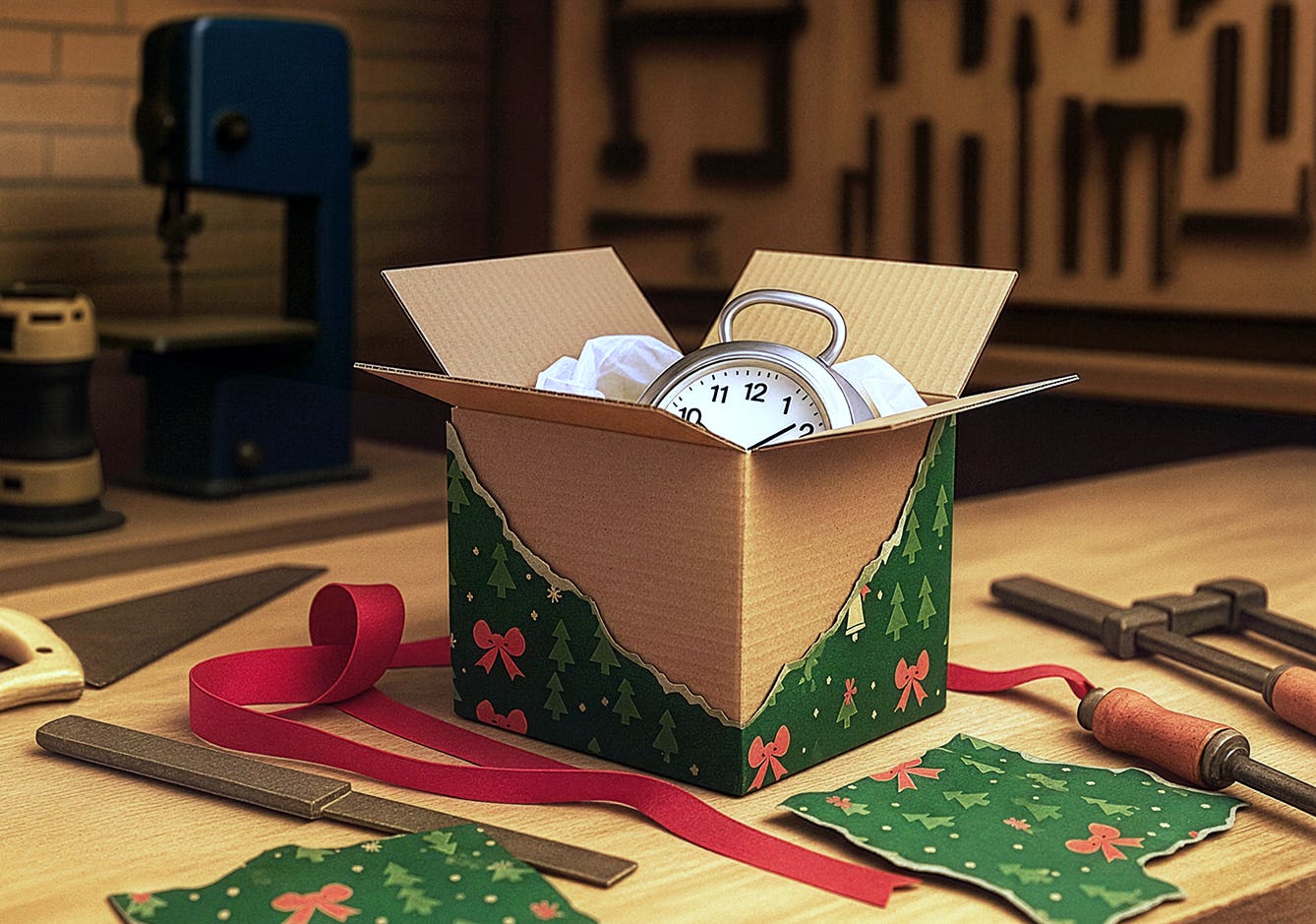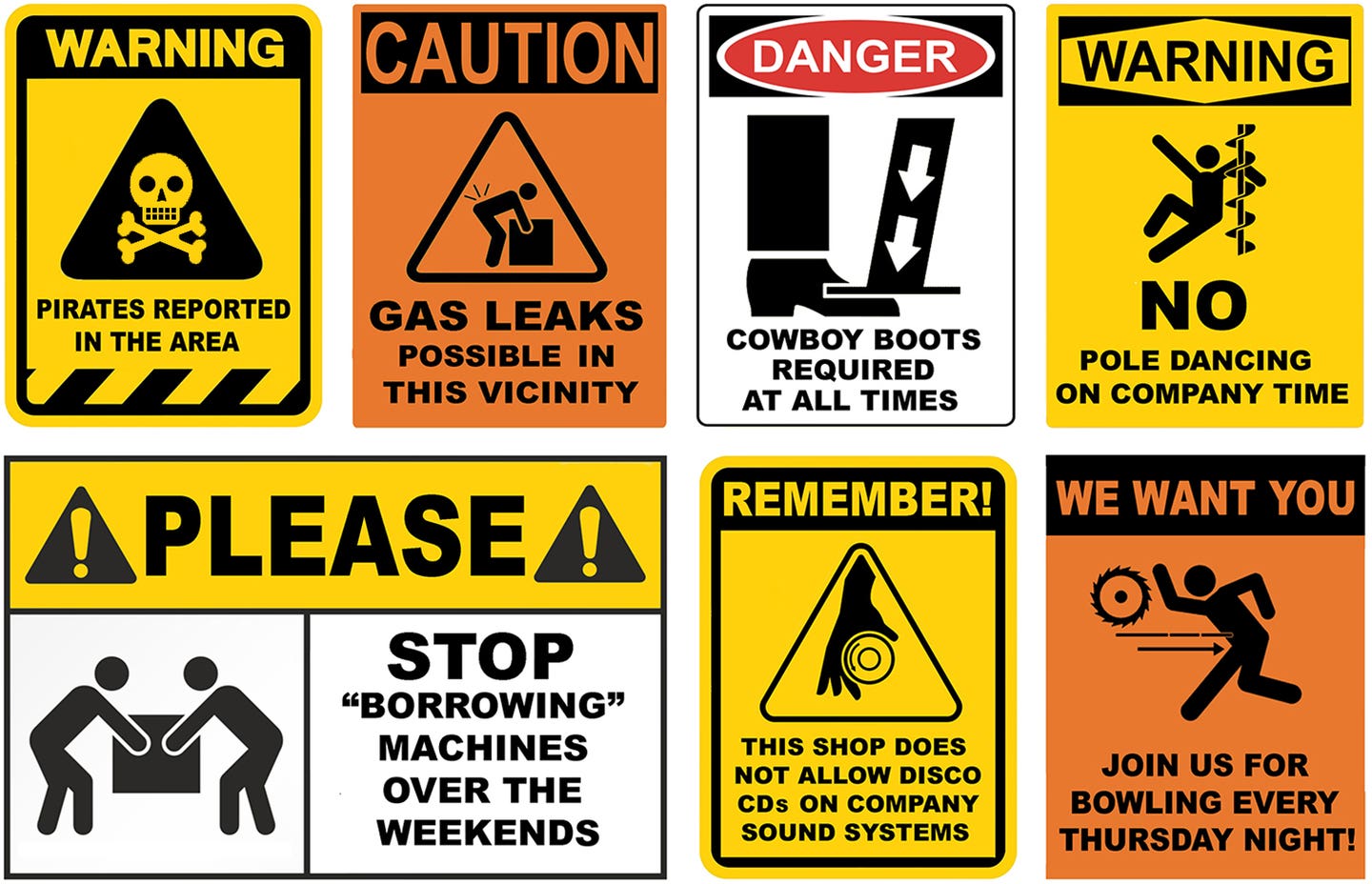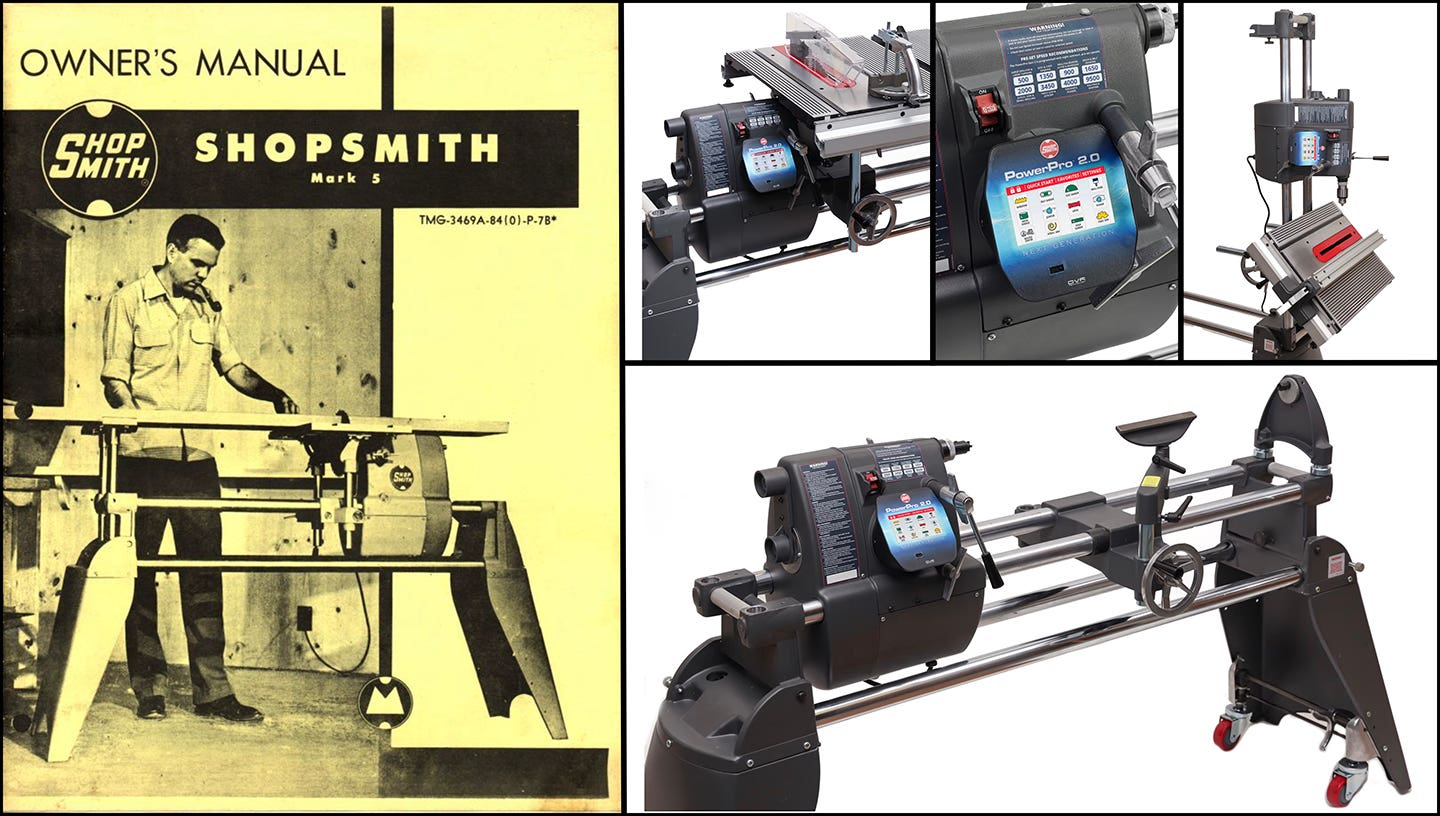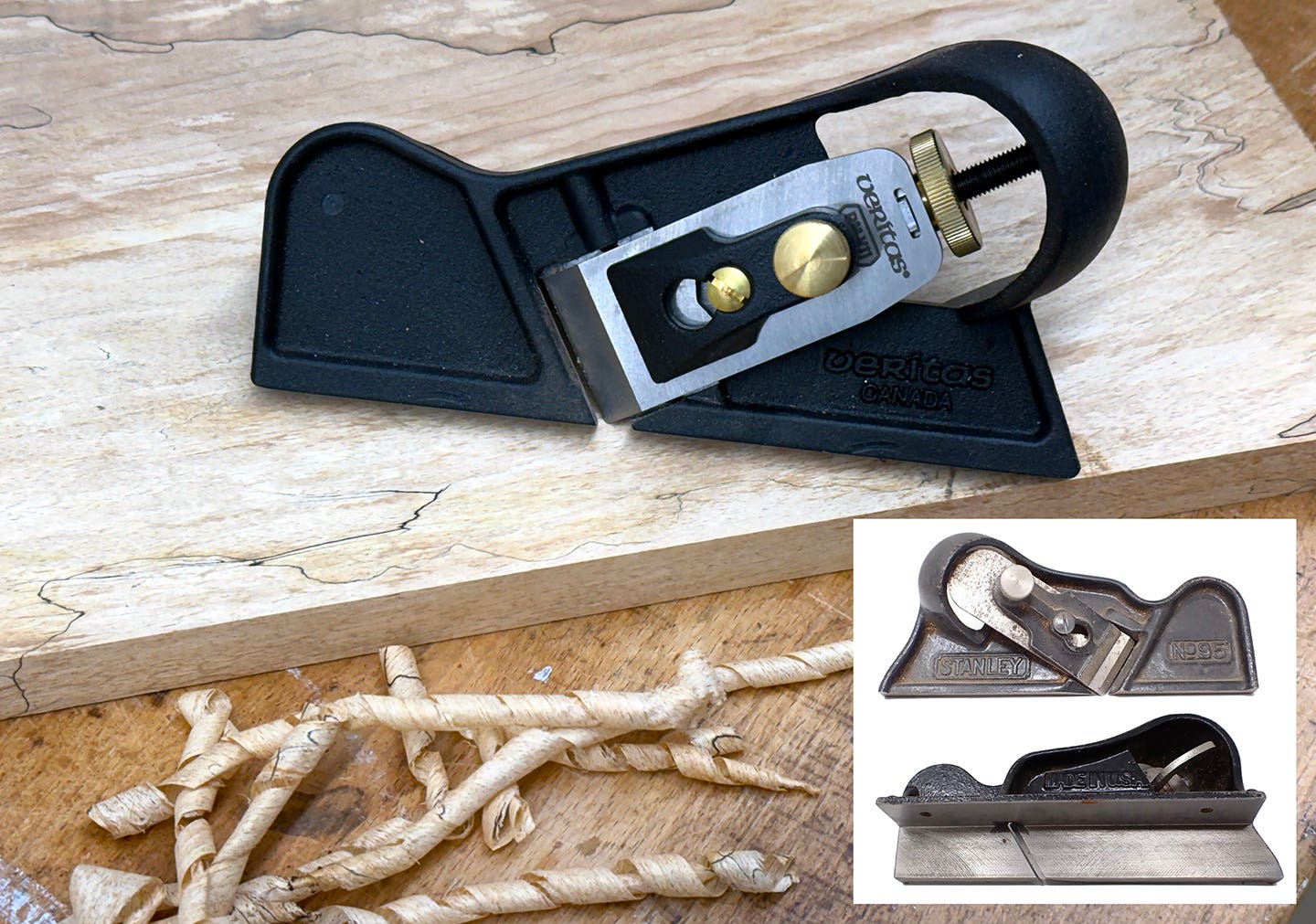Automation
The big push in today’s market place is toward automation. Most large industries are already at least partially automated with CNC machines and robotics performing work formerly done by people.
The big push in today’s market place is toward automation. Most large industries are already at least partially automated with CNC machines and robotics performing work formerly done by people.
Automation is expensive. Even the most basic of CNC machines are prohibitively expensive. Large lines of credit are essential. Very few shops can lay out the dough needed to implement even the most basic levels of automation. The question, as aptly stated by an old friend of mine, is not “How much does it cost?” but rather “How low are the payments?” Low is, of course, a relative thing and even the lowest payments are often quite large with interest eating up vast amounts of what might otherwise be considered as profit.
For this reason, high volume and low cost are the priorities. As automated production lines take over, an odd kind of sameness creeps into our world. Gone are the days when you could identify an automobile maker’s product at a glance. Cars mostly look alike anymore, distinguished only by the badge on the rear trunk lid. We are seeing the same phenomenon with woodwork. Manufactured cabinets are all pretty much the same. There’s only so much you can do with a box with a door on it.
The one thing these machines cannot do is innovate. We still need people to have ideas and visions. The future (and for the most part, the present) of woodworking involves, as do most automated industries, people sitting at computers, programing or doing layout or design work. Many employees of large shops could not actually build a cabinet. Put them in a traditional shop and they would be lost.
David DeCristoforo possesses an extensive resume as designer/maker of fine furniture, high-end cabinetry and architectural woodwork. His experience in professional woodworking spans a period of 35 years. For the past 20 years David DeCristoforo Design has been located in Woodland, California. During this time David's shop has ranged in scope from a "full on" cabinet production shop with as many as 15 employees to a small fine furniture and custom millwork shop, working with his son, David RBJ, a highly skilled maker in his own right.


